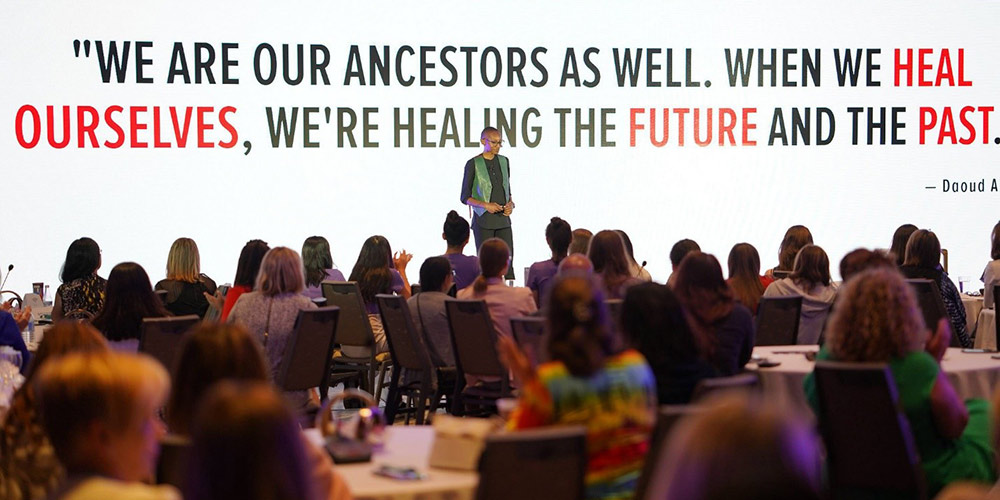Being part of this year’s Dell Women’s Entrepreneur Network (DWEN) Summit was truly amazing. I found myself in a room with more than 100 women entrepreneurs, from 16 countries, representing 25 industries with a combined revenue of over $4 billion – all discussing issues and opportunities women entrepreneurs face as they scale and grow their businesses across the globe.

I left feeling incredibly optimistic and inspired by the conversations, but also because of the transformative partnerships Dell is making to benefit women, the community and the economy at large.
One of particular importance is our announcement of a new collaboration with Canadian-based non-profit IMPACT to provide women in the Democratic Republic of Congo (DRC) with business education focused on how they can invest their savings into new entrepreneurship opportunities in their communities.
Why is Dell engaged in the DRC? This is a region of the world known for being rich in resources like gold and cobalt, and these resources are commonly used in components for motherboards and lithium ion batteries found in tech devices and electric cars. It is also a region with a history of human rights concernsBy empowering women in vulnerable areas where security and human rights are at risk, we believe we will help enable economic stability, which in turn supports a sustainable supply chain for the technology industry.
While in Toronto, we had a chance to sit down with IMPACT’s Executive Director, Joanne Lebert, to learn more about IMPACT’s work:
We’re not only looking to see women trained with relevant business skills, but ensure they have the ability and know-how to start their own income generating projects or expand their current business activities. Dell is doing this to give women the opportunity to have a diversified and reliable source of income and to support opportunities related to their work in artisanal mining.
With our help, IMPACT will leverage several full-time staff members on-the-ground and civil society partners to conduct training for more than 300 women artisanal gold miners in northeastern DRC’s Ituri Province through IMPACT’s Artisanal Mining Women’s Empowerment Credit and Savings project, known by its French acronym AFECCOR. The AFECCOR project kicked off in 2017, with a goal to support women’s empowerment while breaking the dependency of artisanal gold miners who use gold as currency to pay for basic needs and mine site operations. By participating in the AFECCOR project, artisanal miners and community members decrease their reliance on informal credit networks that provide unfavorable lending conditions and move towards selling their responsibly mined gold through legal channels.
As Dell looks toward responsible resourcing and circular economy practices, we also seek to empower and equip communities with the skills to thrive in a digital economy. By engaging suppliers in due diligence, driving to increase the number of conflict-free smelters and refiners, and working to encourage responsible sourcing from the DRC and neighboring countries, Dell works towards its goal of a conflict-free supply chain.
We’re constantly looking for ways to apply our resources and capabilities to address the greatest needs of communities like in DRC and promote a Legacy of Good – and this collaboration will help these women fulfill their potential. I am proud of Dell’s commitment to women – not just through DWEN – but in ways like our partnership with IMPACT which advocate for women in communities around the globe.